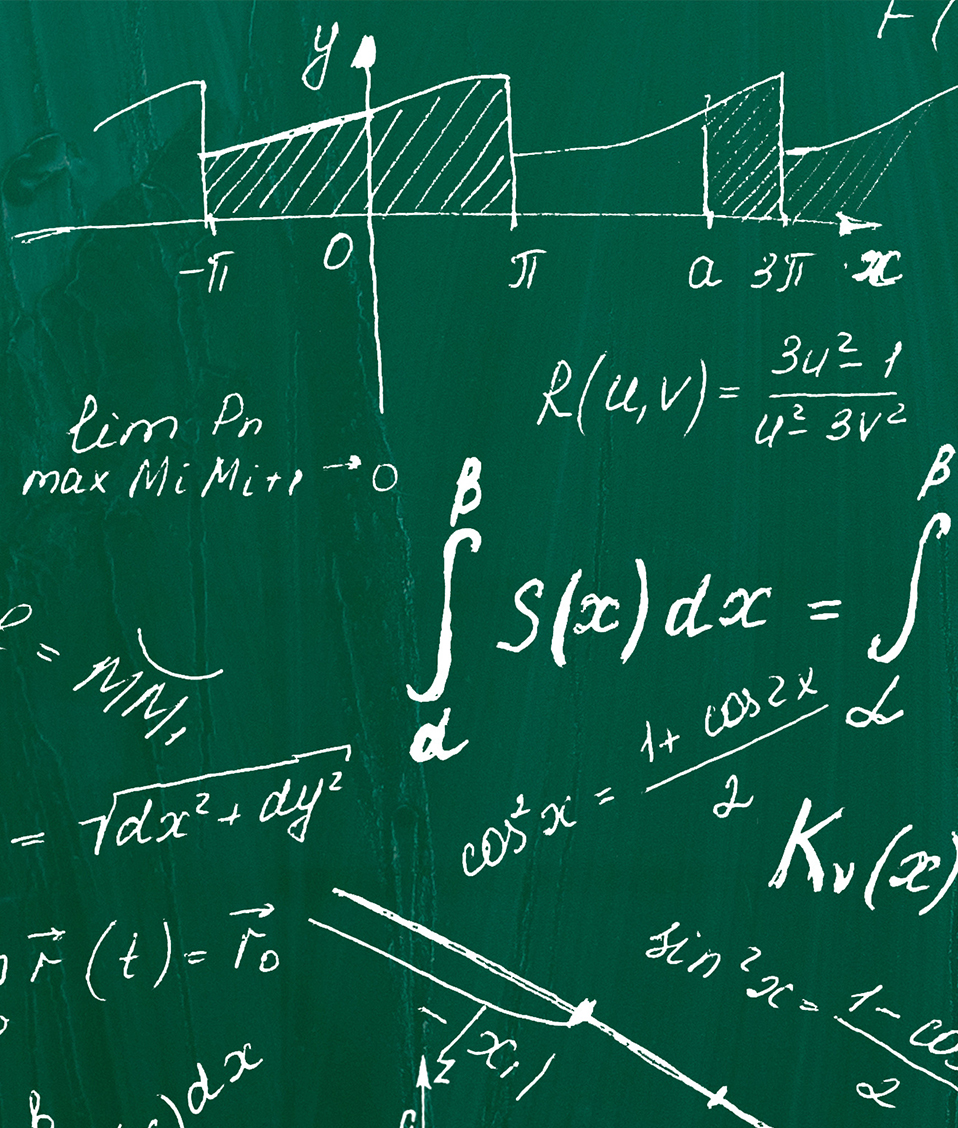
Título: Institutional corruption and environmental degradation
Sala: E22
Hora: 12.30
Resumen: Fighting climate change has become a major commitment nowadays. Climate change is the natural effect of GHG emissions, which are due to a persistent distortion in the relationship between human (economic) activity and environment, attributable to an innumerable variety of factors, which operate autonomously and in connection with one another. One of these factors is corruption, with the intuitive idea that more corruption implies more pollution. However, intuitive as it can be, this idea crashes with a basic theoretical inconclusiveness, as the link between corruption and pollution goes through a multiplicity of channels with different signs and sizes, and it suffers from ambiguity. In this paper, we untangle this ambiguity empirically, by estimating a standard Environmental Kuznets Curve (EKC) through a quite recent econometric methodology, i.e. the sequential model selection (SMS) in the application of the generalized methods of moments (GMM) estimation technique. This approach allows extracting reasonably accurate inference from a panel data set in a dynamic framework. The employed panel data set embraces 161 countries over the period 1990-2020. The results of a two-step system GMM show that an increase in political and regime corruption lead to a rise in CO2 emissions and that the corruption elasticity in the long-run is more than three times larger than in short-run. Our outcomes also indicate there is no evidence of any turning point in an alleged EKC. These results have a great and still unexploited potential in terms of policy action. If we acknowledge the positive relationship between corruption and pollution, it is straightforward to recognise the environmental effectiveness of any policy fighting corruption. Moreover, in comparison to standard environmental policies, a policy based on corruption abatement allows achieving another desirable goal (i.e. corruption reduction).